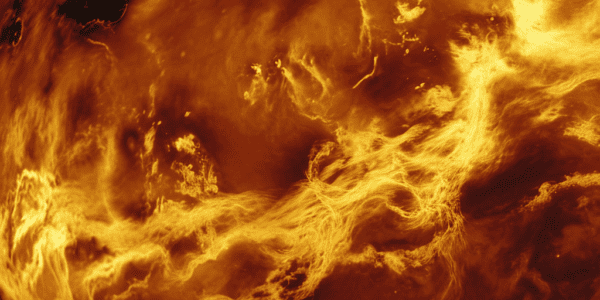Novel UV Broadband Spectrometer Revolutionizes Air Pollutant Analysis
Learn about the world’s first broadband UV dual-comb spectrometer developed by researchers at Graz University of Technology, allowing for continuous measurement of air pollutants and real-time observation of their reactions with the environment. This innovative device offers a large bandwidth of emitted UV light, high spectral resolution, and short measurement times for sensitive measurements.
UC Berkeley to manage $300 million NASA mission to conduct first all-sky survey of ultraviolet sources in the cosmos
UC Berkeley has been selected to manage a $300 million NASA mission called UVEX (UltraViolet EXplorer) that is set to launch in 2030. The mission, led by the Space Sciences Laboratory (SSL) at UC Berkeley, will conduct the first all-sky survey of ultraviolet (UV) sources in the cosmos. The UVEX mission, headed by Fiona Harrison, a UC Berkeley Ph.D. recipient and professor of physics at the California Institute of Technology, aims to provide valuable insights into the evolution of galaxies and stars, both in the present and the distant past. This initiative is expected to complement other ongoing or planned surveys by other missions, including the optical and infrared Euclid mission led by the European Space Agency with NASA contributions, and NASA’s Nancy Grace Roman Space Telescope. According to Daniel Weisz, a science team leader for the UVEX mission and a UC Berkeley associate professor of astronomy, the launch of UVEX will mark the first time that the entire sky will be covered from the UV all the way through the infrared. This comprehensive coverage is considered groundbreaking, as ultraviolet emissions, which come from hot objects, are typically blocked by Earth’s atmosphere and must be studied from space. The survey will specifically focus on hot, massive blue stars, many of which are believed to be members of binary star systems, as well as exploding stars. UVEX will map the distribution of these ‘stripped’ stars in galaxies around the Milky Way. Additionally, the telescope will carry a UV spectrograph, jointly built by UC Berkeley and Caltech, to record detailed information about the UV wavelengths. With the ability to capture ultraviolet coverage of the entire sky, the UVEX mission is poised to provide groundbreaking insights into our understanding of galaxies, stars, and stellar explosions.
Breakthrough in Understanding Venusian Cloud Composition
Researchers from the University of Cambridge have made a significant breakthrough in understanding the mysterious composition of Venusian clouds. In a recent study published in Science Advances, scientists have identified a missing component that contributes to the unique color and…



